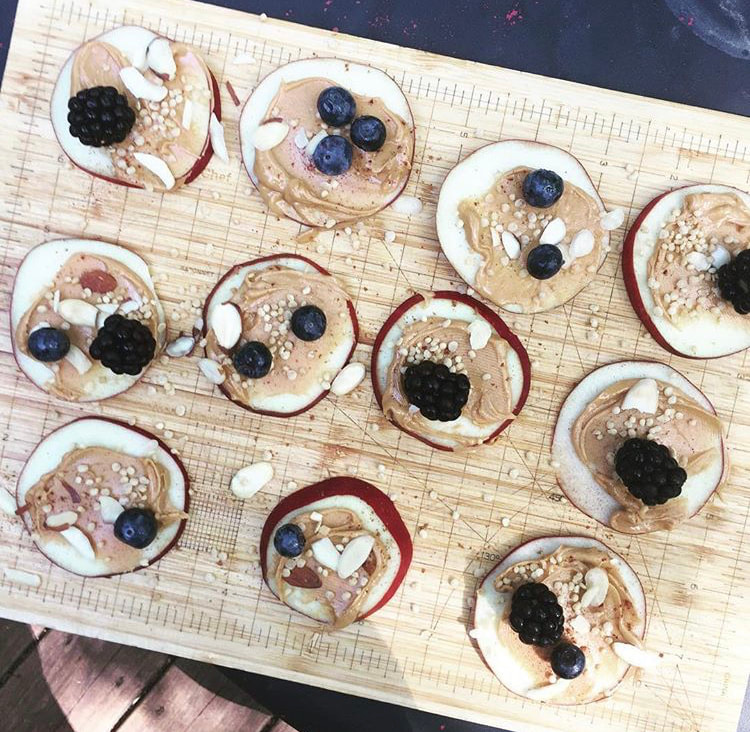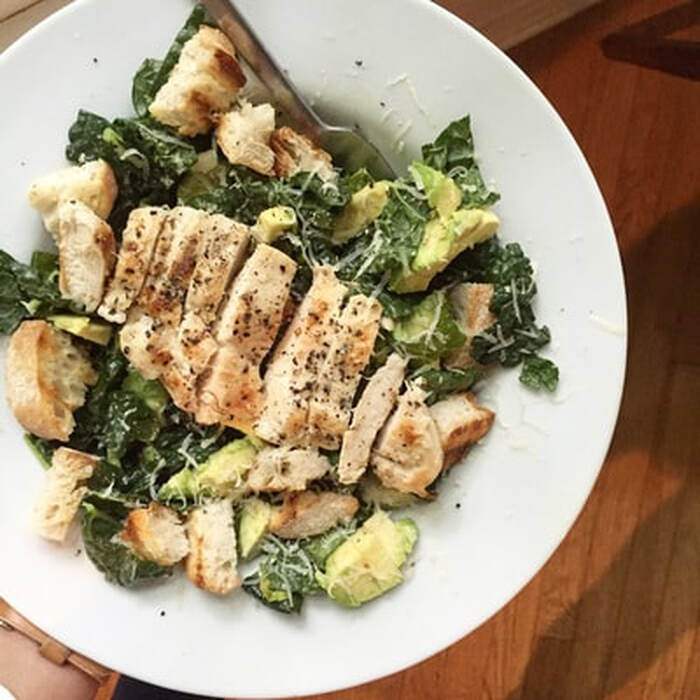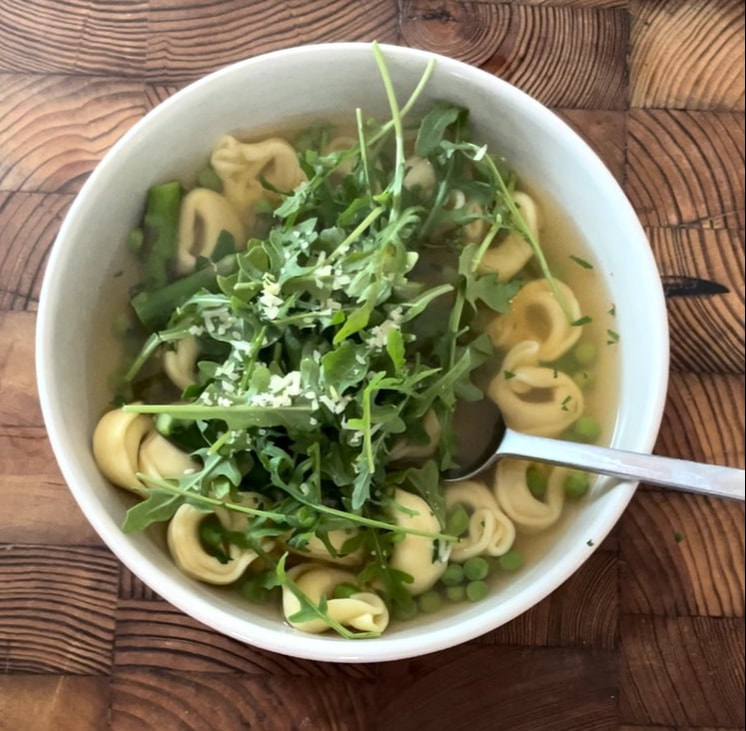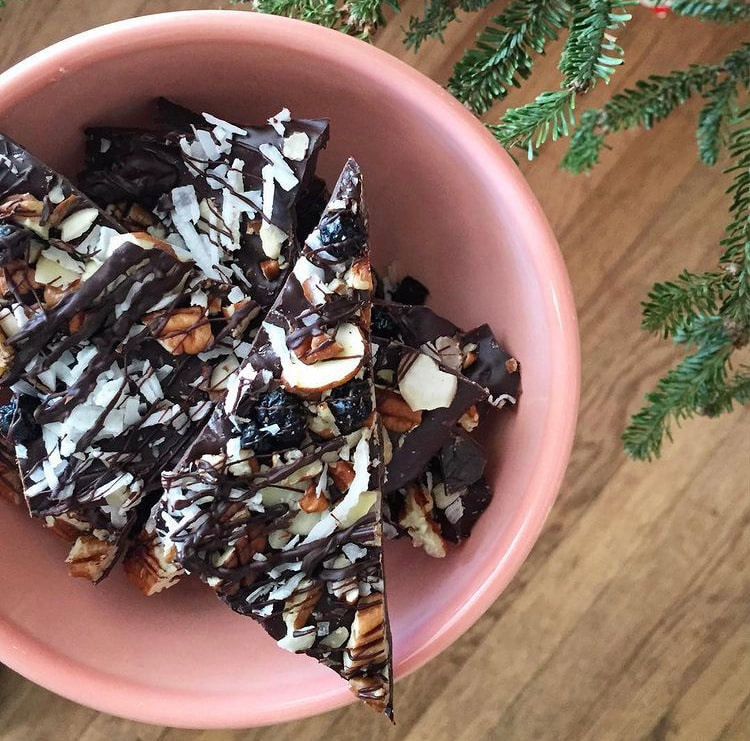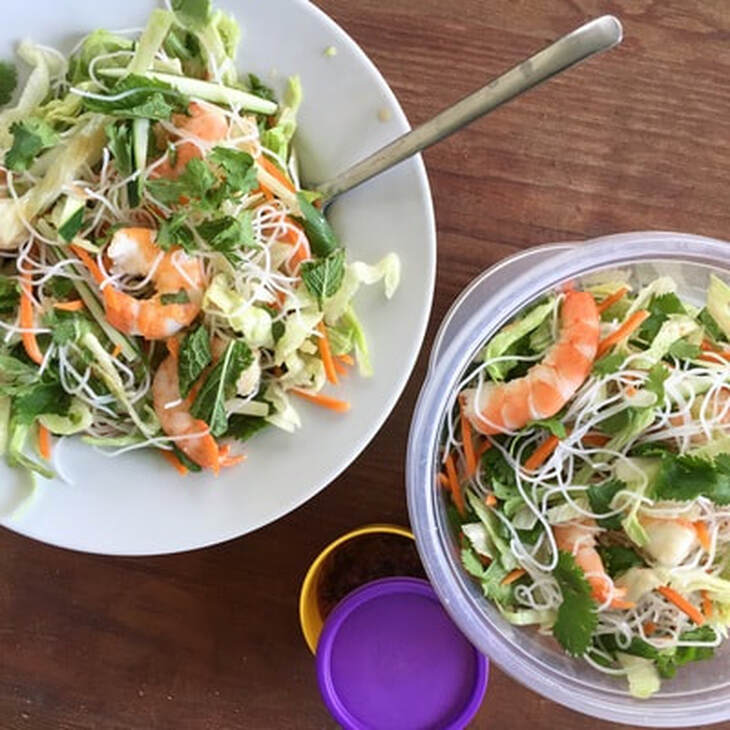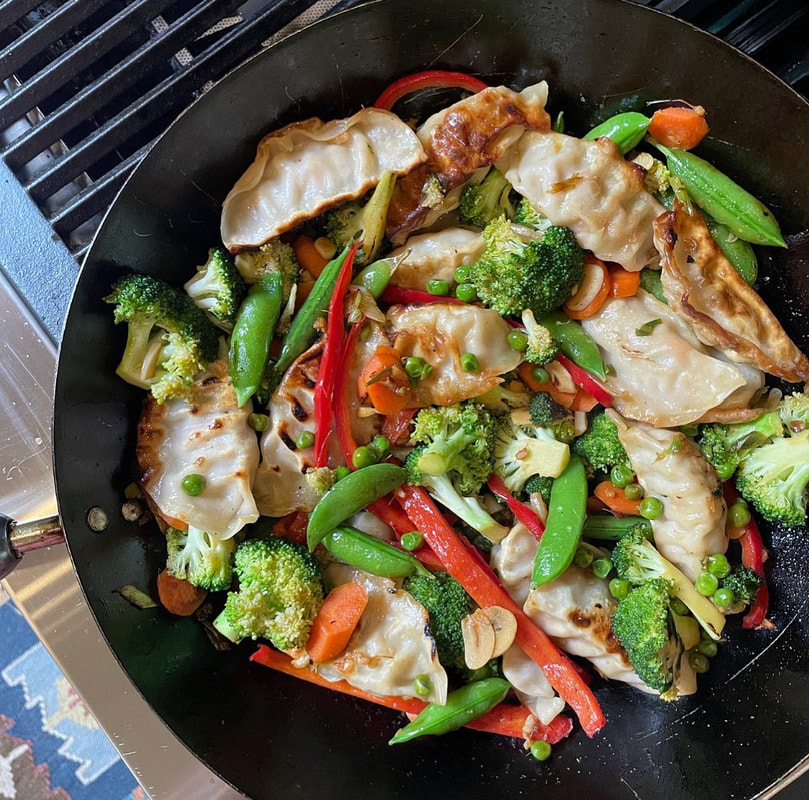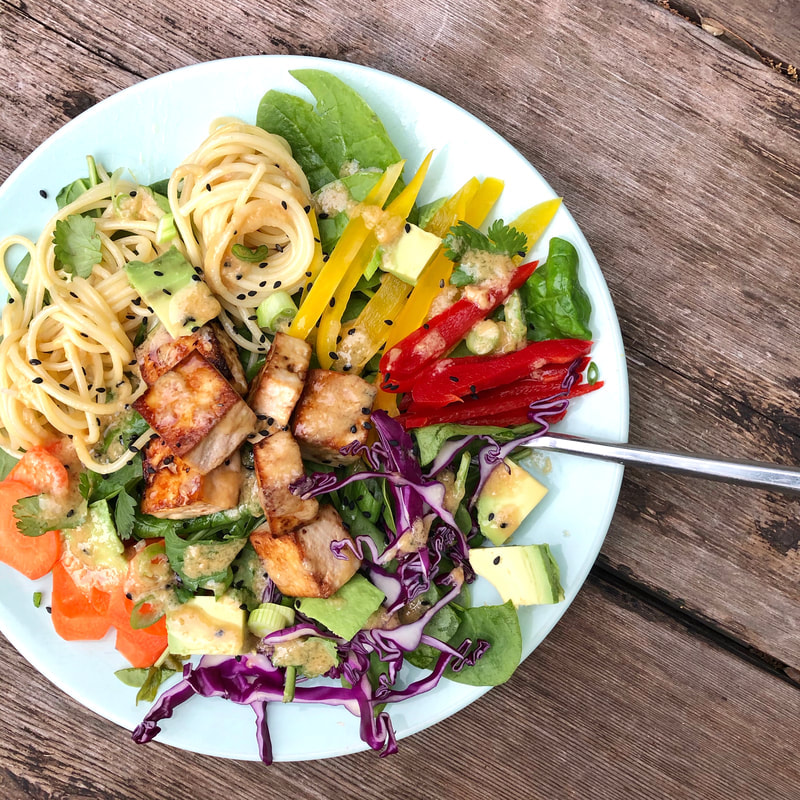|
As a parent or caregiver, the health of your child is in your hands. And when your kiddos are asking for snacks multiple times a day, it can be a challenge to know what to do. Do kids need snacks at all?
How do I get my kiddos to eat healthier snacks, not just the sugary, processed snacks they keep asking about? This is a really common struggle – if this sounds like your house, please know that you’re not alone. One of the best ways to help children develop healthy habits and healthy bodies is to provide healthy food for them when they are young. In this article, we will discuss 5 ways that you can improve your child's snacking habits so they get the nutrition they need while still enjoying the snacks that you’re offering!
0 Comments
If you or someone you know is struggling with fertility, here’s some good news: nutrition may be able to help. And this applies to both women and men.
Eating certain foods (and maybe taking a few supplements) have been shown to assist in several areas that are important contributors to fertility. For example, studies show that nutritional strategies can help balance and regulate the menstrual cycle, aid ovulation, improve the quality and quantity of sperm, and reduce the time it takes for couples to get pregnant. Nutrition is just one factor when it comes to fertility, but it’s an important one that is often overlooked. That’s why our article covers nutrition strategies that can help to increase chances of conceiving and having a successful pregnancy. It’s National Infertility Awareness Week and My Nutrition Studio is here if you would like to know more about the nutritional needs to optimize your diet for fertility. If you want a spring-inspired one-pot dish that comes together in 20 minutes, try this Spring Tortellini Soup! This meal will definitely welcome all the seasonal veggies like arugula, peas, and asparagus. We cooked it so share with you on our instagram! INGREDIENTS
4 cups vegetable broth 2 cups water 2 sprigs fresh thyme 1 garlic clove 8-10 oz frozen tortellini 2 cups chopped asparagus 1/2 cup frozen peas Juice of 1/2 lemon Salt and pepper Toppings-- 2 cups arugula or baby spinach Lemon zest Fresh parmesan cheese INSTRUCTIONS Start by adding 4 cups veggie broth, 2 cups water, 2 sprigs of thyme and 1 garlic clove in a pot. Heat on stovetop for about 5 minutes, and then remove garlic and thyme. Add 8-10oz tortellini (we used HEB’s in the frozen section). Then add 2 cups chopped asparagus and 1/2 cup frozen peas. Season broth with a dash of salt if you prefer. Cook veggies until tender, take off heat, and add fresh lemon juice. Serve yourself a bowl and top with arugula or spinach, Parmesan, and lemon zest. If you’re sick of the fear and shame around food and the feeling of failure of not being able to sustain weight loss, you are absolutely not alone. There is a way to overcome this. It’s called “intuitive eating.” Intuitive eating is a non-diet approach where you truly listen to what your body wants and needs. It refocuses your attention on what your body is telling you, rather than food “rules” that are imposed on us from diet culture and other external forces. It goes hand-in-hand with Health at Every SizeⓇ where the focus is on healthy and sustainable behaviors, rather than defining health by what’s in the mirror and on the scale. This post is about intuitive eating. It dives into the principles—and science—behind these ideas. Plus, I give you my best tips on how to implement this approach to food into your life for improved physical and mental health. There’s a way to ditch the diet culture, make peace with food, and prioritize your physical and mental wellbeing. It’s called “intuitive eating” and it’s not a weight loss program. Instead, it’s a way to get back in tune with your body and refocus your mind away from “food rules.”
Intuitive eating deprioritizes weight as a primary measure of health, while inviting you to eat the foods you want when you’re hungry—and stop eating when you feel full. This isn’t a “free for all” to give up and eat how much you want of whatever you want whenever you want it, either. It’s about getting back in tune with your body and showing it the respect it deserves. Eating intuitively means being curious about what and why you want to eat something, and then enjoying it without judgment. It’s about trusting your body’s wisdom without influence from outside of yourself. It’s about removing the labels of “good” or “bad” food and ditching the guilt or pride about eating a certain way. It’s about accepting food—and our bodies—as the amazing wonder that they really are and a belief that there truly is no “right” or “wrong” way to eat. The 10 Principles of Intuitive Eating The two dietitians who popularized intuitive eating in 1995, Evelyn Tribole and Elyse Resch, have outlined 10 principles. 1 - Reject the diet mentality Ditch diets that give the false hope of losing weight quickly, easily, and permanently. You are not a failure for every time a diet stopped working and you gained the weight back. Until you break free from the hope that there’s a new diet around the corner, you cannot fully embrace intuitive eating. 2 - Honor your hunger Your body needs adequate energy and nutrition. Keep yourself fed to prevent excessive hunger. By honoring the first signal of hunger you can start rebuilding trust in yourself and food. 3 - Make peace with food Stop fighting with food and give yourself unconditional permission to eat. Stop fostering intense feelings of deprivation by denying yourself a particular food, as these can lead to cravings and bingeing. You don’t want your “giving in” to lead to overwhelming guilt. 4 - Challenge the food police Confront the thoughts that you as a person are “good” or “bad” based on what and how much you eat. Diet culture has created unreasonable rules. The food police are the negative, hopeless, or guilty thoughts that you can chase away. 5 - Discover the satisfaction factor Pleasure and satisfaction are some of the basic gifts of existence. By allowing yourself to feel these when you eat, you can enjoy feeling content and fulfilled. When you do this, you will be able to identify the feeling of “enoughness.” 6 - Feel your fullness Trust that you will give yourself the foods you desire. Pause in the middle of eating and ask how the food tastes. Listen for the signals that you’re not hungry anymore. Respect when you become comfortably full. 7 - Cope with your emotions with kindness Restricting food can trigger a loss of control and feel like emotional eating. Be kind to yourself. Comfort and nurture yourself. Everyone feels anxiety, loneliness, boredom, and anger. Food won’t fix these feelings—it’s just a short-term distraction. Ultimately, you have to deal with the uncomfortable emotions. 8 - Respect your body Everyone is genetically unique, whether it’s shoe size or body size. Respecting your body will help you feel better about who you are. Being unrealistic or overly critical of your shape or size makes it hard to reject the diet mentality. 9 - Movement—feel the difference Feel the difference activity makes. Not militant or calorie-burning exercise, but simply moving your body. Focus on how energized it makes you feel. 10 - Honor your health—gentle nutrition Choose foods that honor your tastebuds and health. Don’t focus on eating perfectly. One snack, meal, or day of eating won’t suddenly make you unhealthy or deficient in nutrients. Look at how you eat over time. Choose progress, not perfection. The Science Behind Intuitive Eating Studies show that people who eat intuitively tend to also have lower body-mass indices (BMIs) and higher levels of body appreciation and mental health. They are also associated with lower blood pressure, cholesterol levels, and inflammation. A review of eight studies compared “health, not weight loss” eating styles with conventional weight-loss diets. While they found no significant differences in heart disease risk factors between the two types of diets, they did find that body satisfaction and eating behavior improved more for people in the “health, not weight loss” groups. Another review of 24 studies of female college students showed that those who eat intuitively experience less disordered eating, have a more positive body image, and greater emotional functioning. Overall, there is a growing amount of research that shows the benefits of intuitive eating on both physical and mental health. Tips to Eat More Intuitively There are many things you can do to start eating more intuitively and ditch diet culture and “food rules.”
References Association for Size Diversity and Health. (n.d.). HAESⓇ Approach. https://www.sizediversityandhealth.org/health-at-every-size-haes-approach/ Bruce, L. J. & Ricciardelli, L.A. (2016). A systematic review of the psychosocial correlates of intuitive eating among adult women. Appetite, 96, 454-472. doi: 10.1016/j.appet.2015.10.012. Food Insight. (2020, January 8). A New Health Option for the New Year: The Non-Diet Approach. Retrieved from https://foodinsight.org/the-non-diet-approach/ Food Insight. (2020, June 19). The Science Behind Intuitive Eating. Retrieved from https://foodinsight.org/the-science-behind-intuitive-eating/ Food Insight. (2018, July 27). Can Our Diets Be Stress-Free? An Intuitive Eating Expert Weighs In. Retrieved from https://foodinsight.org/can-our-diets-be-stress-free-an-intuitive-eating-expert-weighs-in/ Health at Every SizeⓇ. (n.d.). HAESⓇ Community. Retrieved from https://haescommunity.com/ Intuitive Eating. (n.d.). 10 principles of intuitive eating. Retrieved from https://www.intuitiveeating.org/10-principles-of-intuitive-eating/ Khasteganan, N., Lycett, D., Furze, G., & Turner, A. P. (2019). Health, not weight loss, focused programmes versus conventional weight loss programmes for cardiovascular risk factors: a systematic review and meta-analysis. Systematic reviews, 8(1), 200. https://doi.org/10.1186/s13643-019-1083-8 National Eating Disorders Association. (2018). What does intuitive eating mean? Retrieved from https://www.nationaleatingdisorders.org/blog/what-does-intuitive-eating-mean Sorensen, M. D., Arlinghaus, K. R., Ledoux, T. A., & Johnston, C. A. (2019). Integrating Mindfulness Into Eating Behaviors. American journal of lifestyle medicine, 13(6), 537–539. https://doi.org/10.1177/1559827619867626 Today’s Dietitian. (2020, April). Intuitive Eating: Four Intuitive Eating Myths. Retrieved from https://www.todaysdietitian.com/newarchives/0420p12.shtml Van Dyke, N., & Drinkwater, E. (2014). Review Article Relationships between intuitive eating and health indicators: Literature review. Public Health Nutrition, 17(8), 1757-1766. doi:10.1017/S1368980013002139 If you need a one-dish wonder recipe, you need to add this to your meal rotation! A generous portion of this beef stew will provide you with an adequate source of protein, fats, carbs and fiber making this a prime balanced meal all in one bowl. All of the fiber rich veggies and flavorful tender beef with keep your family happy.
Does eating bread make you gain weight, especially if you eat it outside the hours of 12-8pm? No! Weight gain and eating time are much more complex than this question leads us to believe. Nutrition myths such as these are everywhere, perpetuated by those who do not have nutrition qualifications, those who need a catchy message to get likes or web traffic, and/or those who stand to profit from a diet program or food product. There is so much noise in the nutrition space, and it can be difficult to sift through the myths to find the facts. It’s proven: 31 percent of people in the United States are at risk for a deficiency in at least one vitamin or mineral essential for good health. It may be hard to imagine that we don’t get enough nutrition when we see an abundance of food available 24/7, but it’s true. A recent study showed the top five nutrients many of us need more of. Should you be concerned about being low in one or two vitamins or minerals? In a word, yes. That’s because vitamins and minerals are essential for optimal health. Being low may not cause immediate symptoms, but it puts you at risk for many serious diseases that can affect your brain, heart, blood, immune system, metabolism, bones, mental health, etc. Nutrients are key pieces your body needs to maintain all of your systems in good working order. Missing just one or two pieces can throw off the delicate balance you need to be healthy and feel great. That’s because most nutrients don’t have just one vital role to play within the body, they play many, many vital roles. How would you even know if you’re at risk for a nutrient deficiency? It’s not always obvious. Sometimes symptoms aren’t felt for a long time and sometimes they’re very vague and non-specific. For example, fatigue, irritability, aches and pains, decreased immune function, and heart palpitations can be signs of many things, including a nutrient deficiency. This article goes over the five most commonly deficient nutrients, some of the more obvious symptoms, and foods that are high in each so you can get enough. There are so many reasons to see a Registered Dietitian! From digestive troubles, abnormal bloodwork, to optimizing your health with preventative action… the list goes on! If you are thinking about working with a dietitian or already having something in the books, check out our tips on how to prepare for your consultation!
|
�
Let us help you put your nutrition foundation into practice! Creating healthy habits to honor your body requires ACTION, and we are here to provide you with ideas and inspiration to support your journey. Archives
June 2023
|

